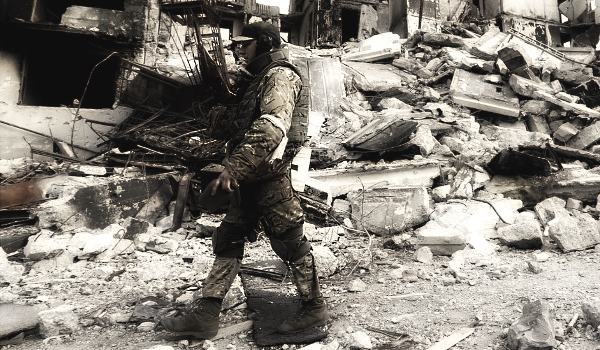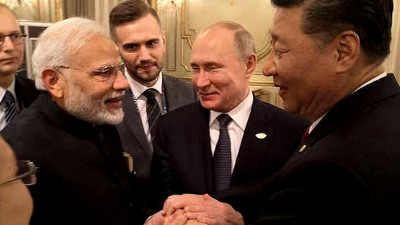Because of the war, we may eventually see a hyperinflation with prices rising many times over. The effects will be felt across the board and no one will ever get spared.
While some countries might gain from Russia’s war on Ukraine, most other countries will suffer miserably.
Welcome to the age of hyperinflation, with runaway price hikes and steadily depreciating currencies.
Since the start of the 20th century, hyperinflation has only occurred in individual countries directly involved in the wars, with goods prices surging by at least 50% each month and can hit hundreds or even thousands of times in one year!
Due to ginormous compensatory payouts after World War I and major industrial areas occupied by France and Belgium resulting in depleted tax revenues, Germany saw its goods prices skyrocketing by 3.25 million times in a year while its currency Mark was traded 4.2 trillion to one US dollar!
After World War II, goods prices soared in Taiwan owing to the interplay of a host of complicated factors by 2,185 times within five years from the end of the war in 1945. The government was forced to issue the New Taiwan Dollar at an exchange rate of 1 to 40,000 old dollars in a bid to defuse the crisis.
Venezuela, where oil exports make up 95% of its revenue, is still struggling with hyperinflation, with its inflation rate “narrowed” to 150 times last year.
The eruption of the Russia-Ukraine war after the Covid-19 pandemic has ruptured the supply chains of many everyday necessities, from the production and transportation of raw materials to retail sales, triggering a significant inflationary pressure.
Last October, the consumer price index of the United States rose 6.2%, the highest in three decades. If even the US with its all-powerful Dollar is unable to hold down goods prices, how would Malaysia and the rest of the world escape a new bout of global price hikes?
As both Russia and Ukraine are major energy and farm produce exporters, the war between them is set to dramatically disrupt the supply of major commodities worldwide.
Russia is the world’s second largest oil exporter. In 2021, EU and China made up 47% and 30% respectively of Russia’s crude oil exports, while Germany was the biggest buyer of Russia’s natural gas at 48.2 billion cubic metres, or about 24% of Russia’s 203.5 billion cubic metres annual gas exports. Industrial production and electricity generation in Germany and other EU states will be gravely impacted in the absence of Russian oil and gas.
As such, if the sanctions slapped on Russia were to be implemented fully, our world is destined to suffer an unprecedented supply crunch that will send oil and gas prices through the roof.

While Malaysia being an oil and gas exporting country may benefit from the rising prices, ordinary consumers will never be able to escape the inflation due to dearer imports as a result of higher production cost on spiraling oil prices.
Talking about food production, both Russia and Ukraine export some 30% of the world’s food, and this shortfall can never be filled by other countries in a short span of time.
Russia was the world’s second largest food producer in 2020 at 134 million tonnes, almost 15% of the global total. Meanwhile, Ukraine exported US$22.2 billion worth of agricultural products, about 45% of the country’s total exports. Countries like India, Egypt, Turkey, the Netherlands, Spain, Italy, Germany and Poland rely heavily on Ukraine for maize, wheat, sunflower oil and soy. These countries will now have to look for alternative sources of food, and at significantly steeper prices!
The war has also negatively impacted Ukraine’s spring sowing season.
Global food crisis is not just a possibility but an ongoing process now, and the situation will only get worse in the year to come.
Malaysia’s palm oil prices have hit historical highs in recent months, and due to tight supply of food globally, local food prices have climbed steadily. As we import more than 25% of our food, a global food supply inequilibrium could be a prime moving force for spiraling inflation here.
Russia is also the world’s largest fertilizer exporter at 15% of global total.
The war is not going to spread to Malaysia in any way, but the prices of crude oil, natural gas, fertilizers and agricultural products will all go up drastically, triggering globalized inflationary chain effects.
As if that’s not enough, the worst is yet to come. We might eventually see a hyperinflation with prices rising many times over. The effects will be felt across the board and no one will ever get spared.
ADVERTISEMENT
ADVERTISEMENT








































